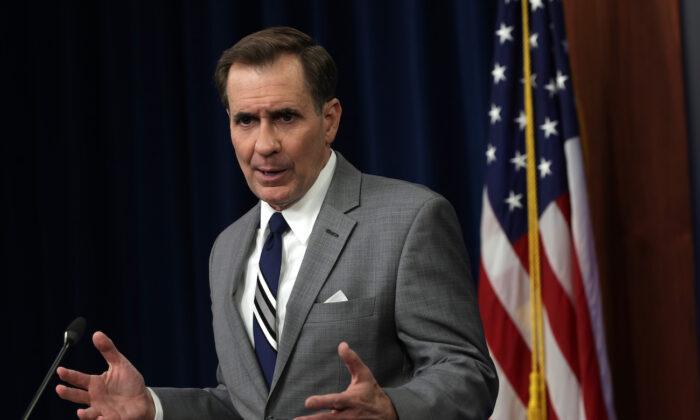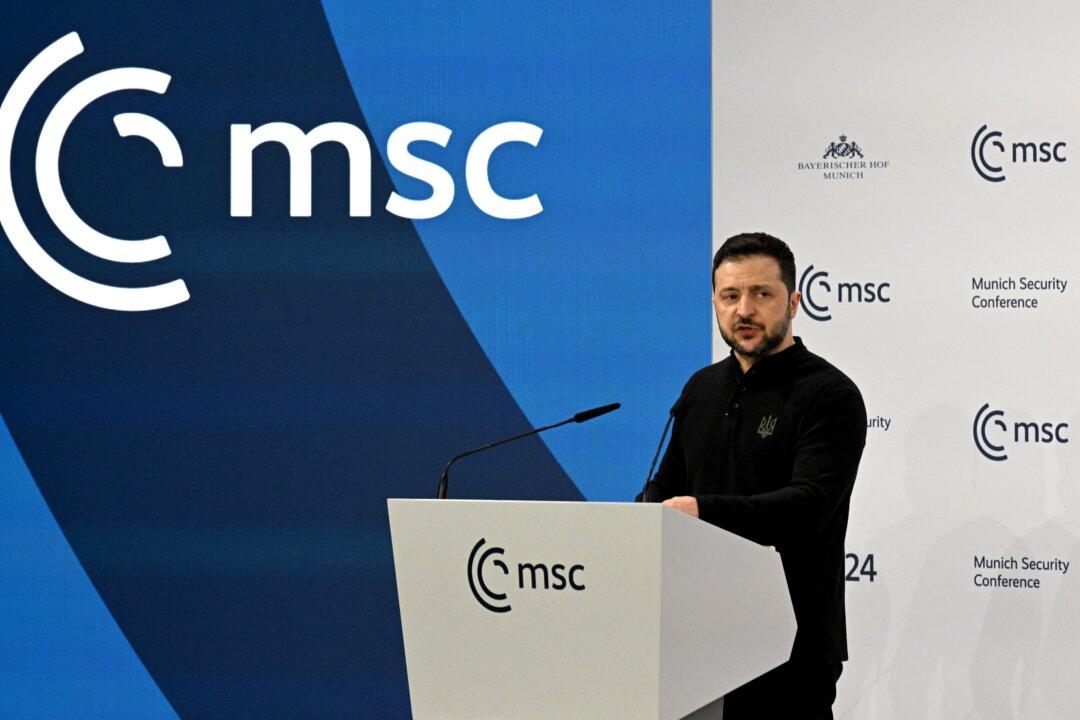The White House summoned Chinese ambassador Qin Gang on Aug. 5, to condemn the Chinese Communist Party (CCP) and its unprecedented military escalations against Taiwan.
The fallout follows U.S. House Speaker Nancy Pelosi’s visit to Taiwan earlier this week, which the CCP lambasted as recognition of secessionist forces.
The CCP subsequently placed sanctions on Pelosi and her immediate family, launched its largest ever military drills in the seas and skies around Taiwan, banned the import of thousands of goods from Taiwan, and began a series of sustained cyberattacks against Taiwan’s infrastructure.
The CCP maintains that Taiwan is a rogue province of China and has vowed to unite it with the mainland by any means necessary. Taiwan has been self-governed since 1949, has never been controlled by the CCP, and boasts a thriving democracy and market economy.
CCP authorities claim that Pelosi’s visit went against the United States’ “One China Policy,” which provides diplomatic recognition, but not endorsement, of the CCP’s belief in one China including Taiwan.
The United States maintains that Pelosi’s visit is consistent with its longstanding policies regarding Taiwan, and has pointed out that Congressional delegations visit the island several times a year without protest. Moreover, U.S. leadership has accused Beijing of attempting to unilaterally change the status quo by creating a phony precedent for deploying its military around the island.
The Taiwan Relations Act of 1979 mandates that the United States provide the arms necessary for Taiwan to defend itself from aggression, but does not require the United States to defend Taiwan in the event of an invasion. As to the question of whether it would, the nation adheres to a policy of “strategic ambiguity” wherein it will neither confirm nor deny that it would militarily intervene on Taiwan’s behalf in a conflict.
Washington’s decision to rein in China’s ambassador and issue a firm condemnation of the CCP’s hostilities is in line with other comments the administration has made throughout the week.
“There’s no reason for this manufactured crisis to exist.”





